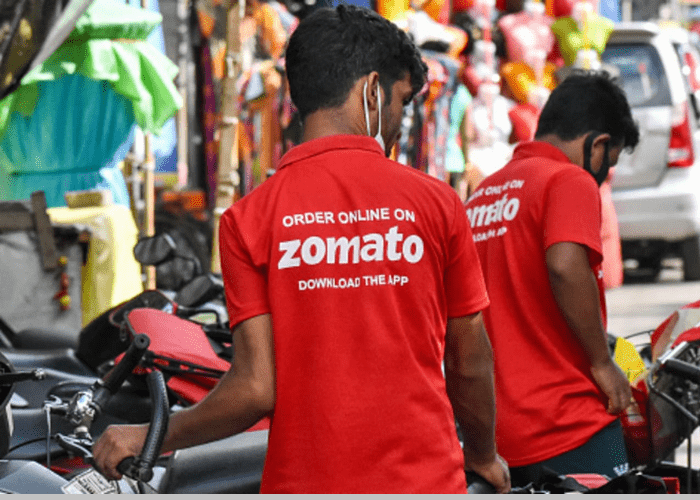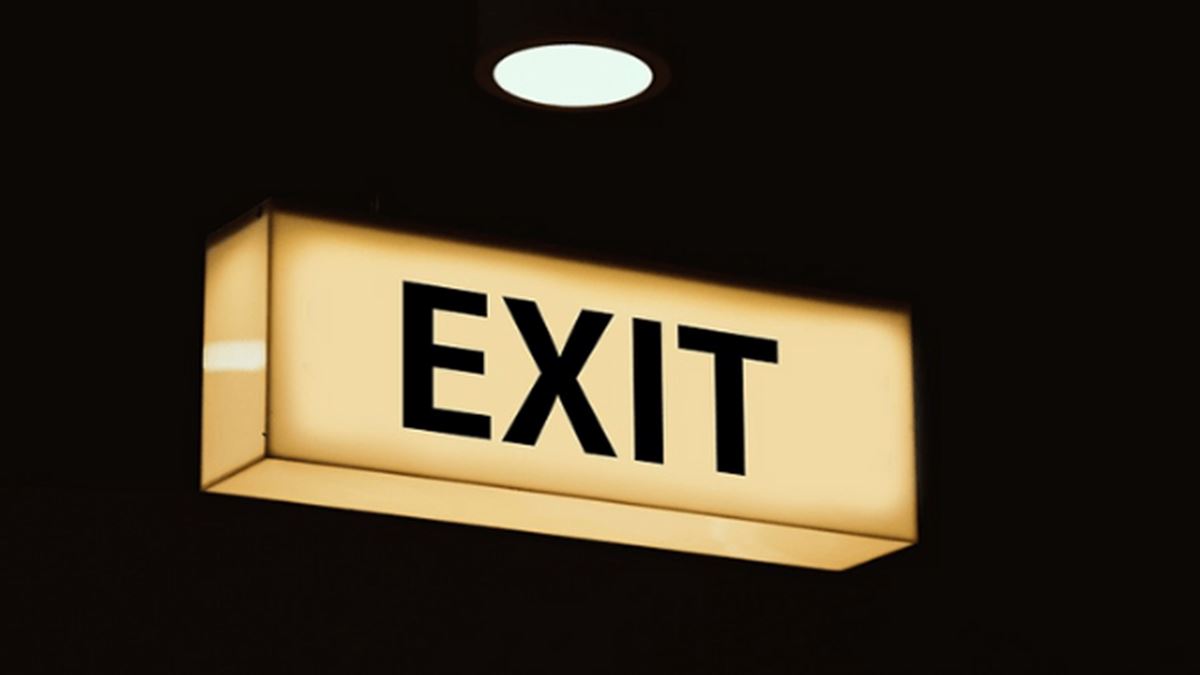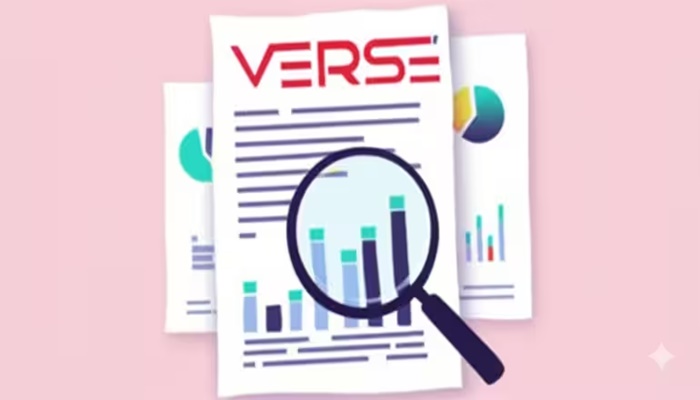As Tata Consultancy Services (TCS) proceeds with its plan to lay off approximately 12,000 employees—around 2% of its workforce—India’s IT professionals are turning attention to a key benefit: company-sponsored group health insurance. If you’re one of those affected or anticipating a job change, here’s how to ensure uninterrupted healthcare cover.
What Happened?
TCS’s layoffs follow a strategic shift amid rising AI and automation adoption and target primarily middle and senior management roles. This move is expected to cut roughly 4% in employee costs, equivalent to about 12% of TCS’s net profit.
Although layoffs are limited to 2% of total staff, concerns are widespread due to the broader implications for the IT industry.
Why Health Cover Matters Post-Exit
Group health policies provided by employers typically lapse once you leave the company. This poses a critical gap for those relying on the benefits for family members, especially senior parents, or managing chronic illnesses. Public policies often come with high premiums, long waiting periods, or outright exclusions for pre-existing conditions.
Your Options to Maintain Health Coverage
1. Port Your Group Policy to an Individual Plan
Indian insurers allow porting—moving from employer-sponsored group health insurance to personal or family floater plans with the same insurer.
“Exploring the possibility of transitioning from your company insurance policy to a personal insurance plan through the same insurer is advisable. This, however, may necessitate reassessment and medical evaluations.
Scheduling necessary tests and appointments before your employment ends ensures you can leave behind the stress related to your insurance. This will help you focus entirely on your job search,” as per Tata AIG.
You must initiate porting before exiting the company or within 5 days post-exit to retain continuity and avoid fresh waiting periods.
This ensures:
- No loss of no-claim bonuses or cumulative benefits
- Continuity of waiting periods for pre-existing conditions
- Lower premiums compared to standalone plans
2. If Porting Isn’t Available, Buy a New Individual Policy
If your insurer doesn’t support porting, explore a new plan before your group cover expires.
Choose a policy with:
Adequate sum insured
Provision for covering pre-existing conditions
Short or no waiting period (especially critical if you or family members need ongoing care)
What the New IRDAI Health Insurance Migration Rules Mean for You
As per Irdai rules on migration: “General insurers and health insurers offering indemnity-based [regular, cashless and reimbursement] health insurance policy, except personal accident and travel policies, shall provide an option of migration to an alternative health insurance product to the extent of the sum insured and the benefits available in the previous policy. The insurer may underwrite the proposal in case of migration, if the insured is not continuously covered for 36 months.”
Migration allows you to shift from a group health insurance policy (like the one your employer provides) to a retail health insurance plan (that you own individually).
This applies to regular health insurance (cashless or reimbursement), but not to travel or accident-only plans.
Big Advantage: Waiting Period Credit
When you switch to a personal plan:
You don’t lose the credit for the waiting period served under your group plan.
For example:
If your new policy has a 3-year waiting period for pre-existing diseases…
And you were covered for 2 years under your employer’s plan…
Then you only need to wait 1 more year for coverage of those conditions.
But Insurer can say no:
- Migration is not automatic—the insurer can:
- Underwrite your health risk
- Reject your proposal
- Or charge you a higher premium based on your current health
What to Watch Out For
- Clarify Waiting Period Rules
- If your employer has changed insurers during your employment, you may not get the full waiting period credit.
- Always check with your insurer about how much waiting period credit you’re eligible for.
Read the Fine Print
- Group policies often come with better features than retail plans.
- Don’t assume you’ll get the same benefits in the new plan.
- Look at room rent limits, co-pay clauses, disease-specific caps, etc.
- Some benefits (like maternity cover, zero waiting period) may not carry over.
Your insurer will try to offer a retail plan that is similar, not identical, to your group policy.
Be prepared for changes in benefits and new terms. Point to note: You can only port to a retail product with your current insurer. Once migrated, you may port to another insurer in future years
FAQS:
What happens to my group insurance if I am laid off?
Once you leave your job or face a sudden layoff, your group health insurance will no longer provide you with coverage.
How can I know when my health insurance plan will be terminated after my layoff?
You can determine when your health insurance ends after a job loss by reviewing your policy details or consulting with your HR for termination date clarification.
It is also advisable to discuss potential extended coverage with your employer.
Can I continue to access health insurance at the same premium after being laid off?
As per Acko Insurance, if your company has a group policy that covers existing employees and those laid off for some duration then you can continue at the same premium. However, if you are opting for an individual plan, you would need to be evaluated regarding your medical status, etc., based on which your premium would be decided. Individual policies typically have a higher premium than group policies.




















